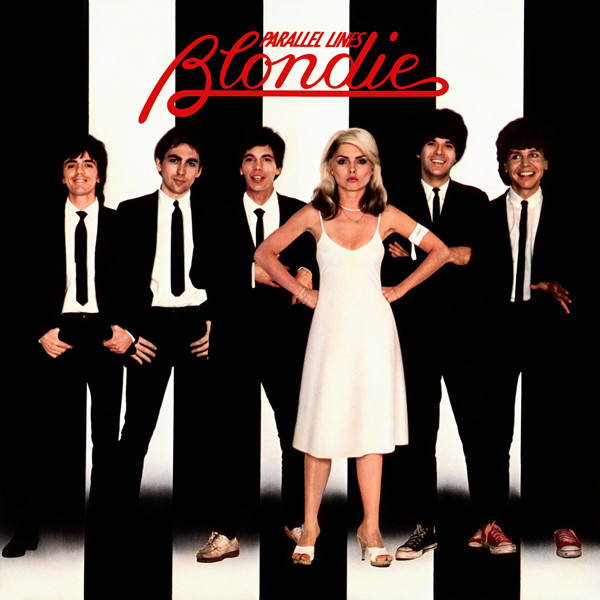Having previously transitioned from first-wave punks to the cutting edge of the new wave, their third album, Parallel Lines, found Blondie as an unashamed pop band, a fact underlined by a production job by former glam-rock hit-producer Mike Chapman.
It opens with a trio of deserved hit singles, putting on a show of surprising versatility, from the new-wave of their cover of The Nerves’ “Hanging on the Telephone”, to the more aggressively punk-rocking of “One Way or Another”, to the more straight ahead, yet utterly adult, pop of “Picture This”. The hits didn’t stop there, as the second side’s “Heart of Glass” was a global smash, “Sunday Girl” was a hit seemingly everywhere except North America, and “I’m Gonna Love You Too” was a hit in Europe. That’s half a dozen singles from a twelve track album – we’re talking Thriller levels of shameless commerciality here.
Thing is, Parallel Lines is much more than the hits singles it spawned. It’s a fine example of a fully-realised commercial pop album, from the band’s economical playing, to Chapman’s crisp production job. It remains both a product of its time, but oddly timeless as well. Regardless of how old it gets, it’s still a brilliant pop album.
Something that Blondie doesn’t usually get credit for is just how good a vocalist Deborah Harry was. Sure, her features were pleasing to the eye, and she gained the vast majority of attention compared to her bandmates, but she had one hell of a voice too, from girly squeals, to her more considered and maudlin lower-register. There is another reason Blondie’s pop singles have endured too – they’re by and large grown up pop songs, from Harry’s lyrical observations (she is very much a mature woman with a past – any pretence of innocence is virtually non-existent), to the rest of the band’s musical economy.
There are very few punk-era albums that have stood the test of time, however Parallel Lines is one of them. File it alongside Horses, London Calling and Ramones’ debut as classic albums that transcend the era.














No Comment